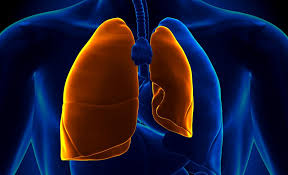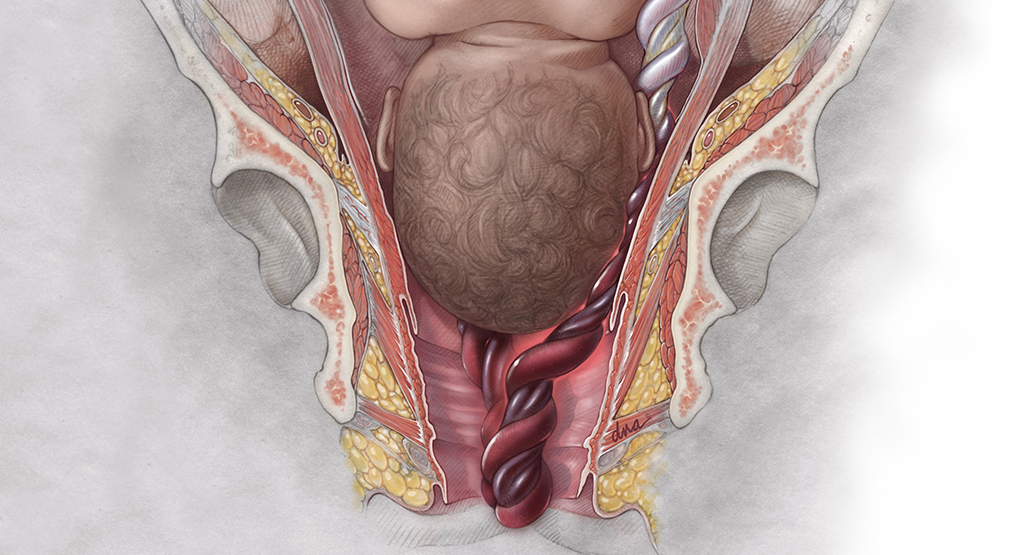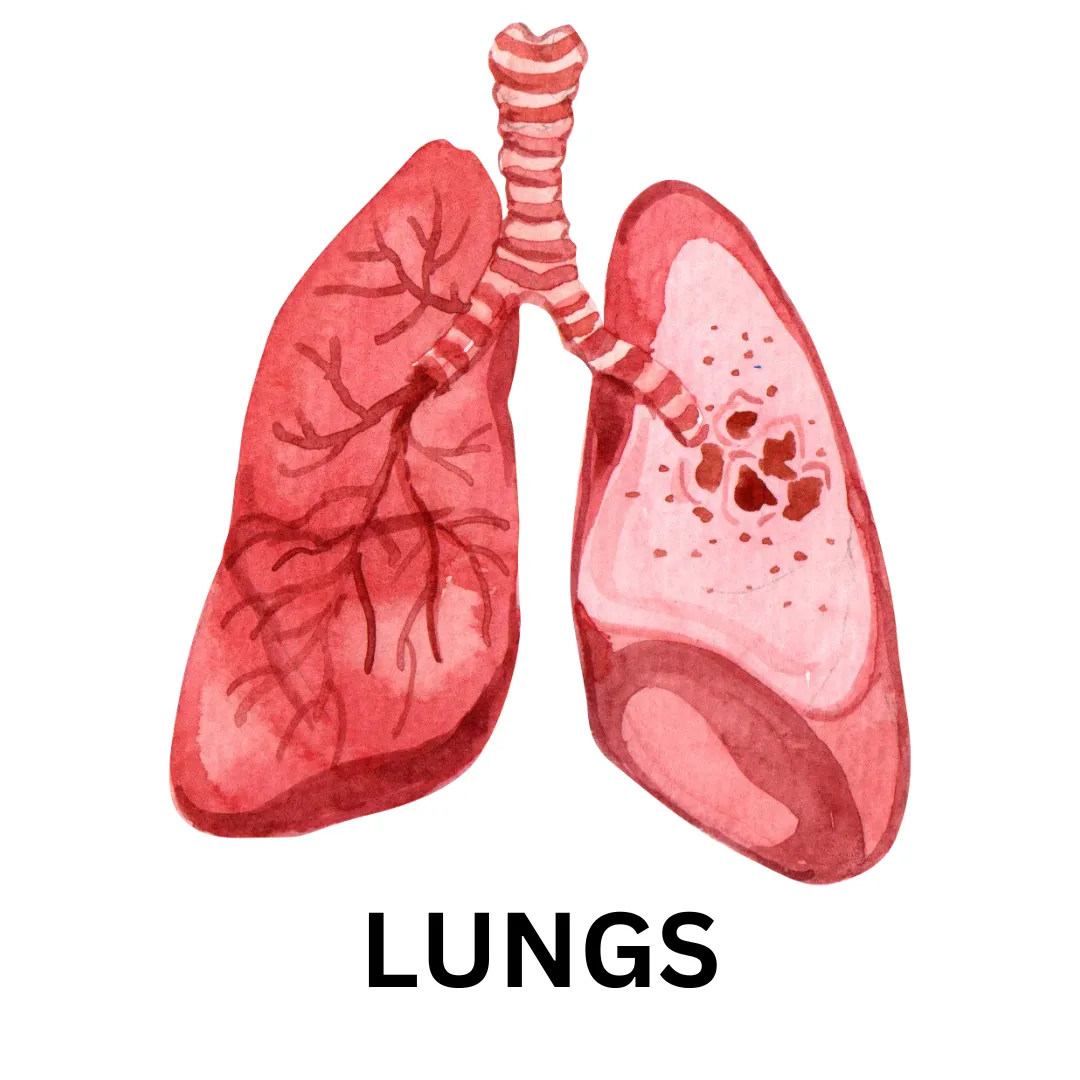- Practice recognizing the signs and symptoms of NAS, including tremors, irritability, feeding difficulties, and respiratory distress, through realistic patient scenarios.
- Learn evidence-based strategies for managing NAS, including non-pharmacological interventions such as supportive care, swaddling, and rooming-in, as well as pharmacological interventions like opioid replacement therapy.
- Collaborate with neonatologists, nurses, pharmacists, social workers, and other healthcare professionals to develop comprehensive care plans for infants with NAS, ensuring a holistic approach to treatment.
- Emphasize family-centered care principles by involving parents and caregivers in the care of infants with NAS, providing education, support, and resources to promote bonding and infant well-being.
- Recognize the importance of cultural competence in caring for infants with NAS and their families, respecting cultural beliefs and practices that may influence treatment decisions and care preferences.
imaginX is used by many amazing schools and universities
University / College

























